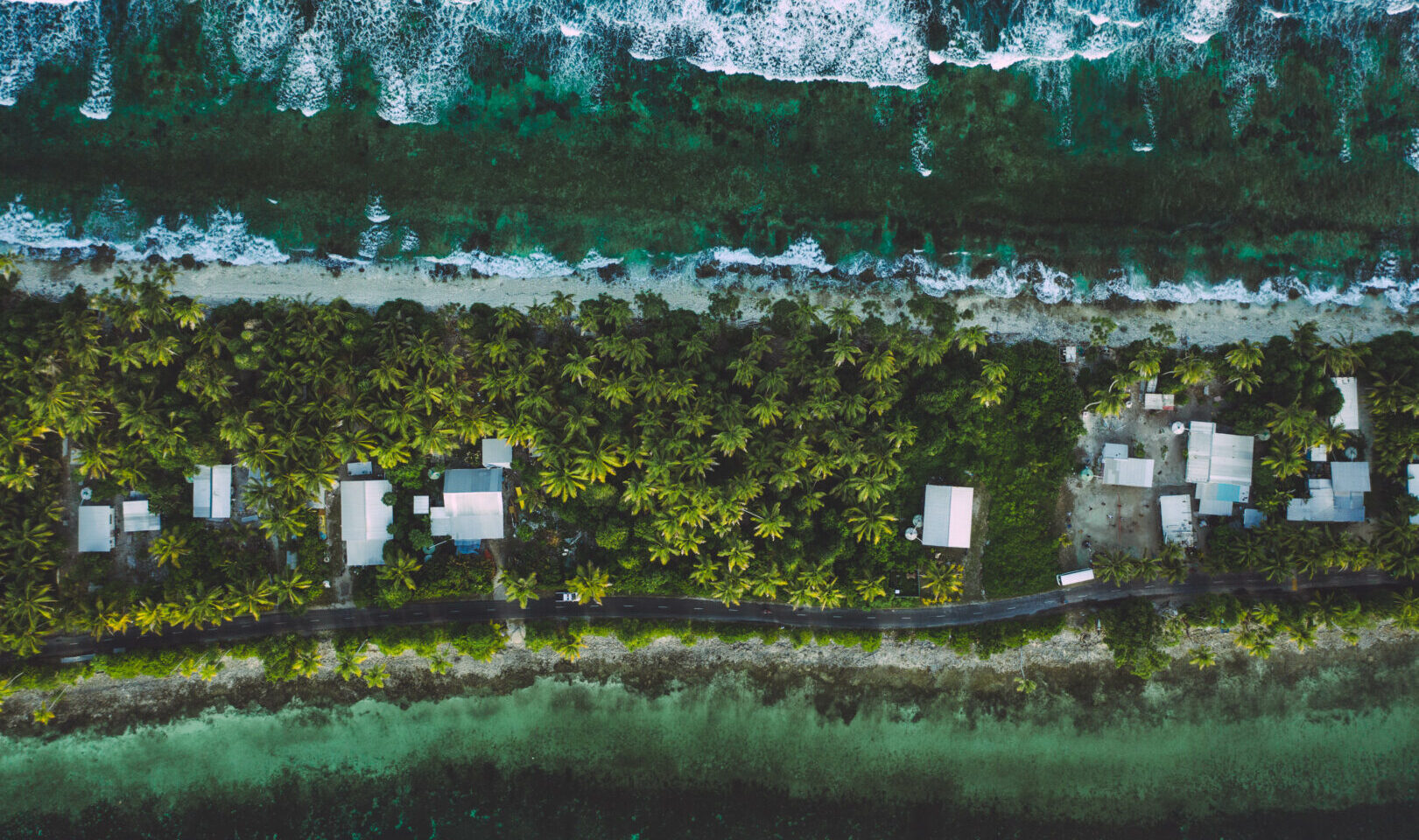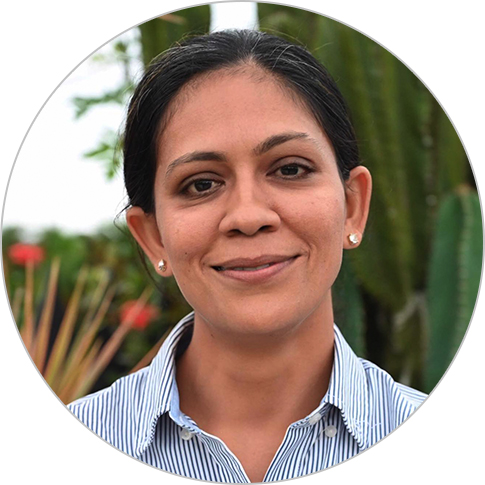
Scaling Climate Action in the Asia Pacific through Inclusive Finance
June 20, 2024 | 3 Minute ReadChemonics’ Climate Finance Advisor Joeteshna Zenos has built her career around inclusivity and locally led development, emphasizing gender equality to enhance women's roles in climate adaptation and access to climate finance.
As the world gears up for the upcoming COP29 in November in Azerbaijan, the urgency of addressing climate change in the Asia Pacific region has never been more critical. With negotiations focused on channeling trillions of dollars from developed nations to emerging markets, the spotlight is on innovative and inclusive solutions.
My journey into sustainable development started when my family hosted a Peace Corps volunteer in our home in Fiji. This was the first time I remember being exposed to the tangible impact that international aid can have on local communities, and this fueled my curiosity and eventually led me to where I am today.
As a native of the Pacific Islands, I have a keen interest in how the region is responding to the challenges posed by climate change, which is the greatest threat we face. This has included an intensification of extreme weather events such as typhoons, cyclones, floods, and droughts, which cause significant loss of life, damage infrastructure, and disrupt emerging economies, compounding existing gender and social inequities. Other parts of the Asia Pacific region, particularly small island developing states, grapple with existential sea level rise, loss of biodiversity, ecosystem degradation, threats to food and water security, the demand for urgent renewable energy transition, and a glaring lack of climate finance to support meaningful solutions. The region’s fast-growing economies are reliant on fossil fuels, and the urgent need to transition towards carbon-neutral and climate-resilient development is at the core of these challenges. Countries in the Asia Pacific are at a crossroads: continue with business as usual or leapfrog on to a low carbon, climate resilient development pathway now, which may slow down their economies in the short term but allow them to unleash more sustainable growth in the long term.
Scaling and accelerating climate action in the Asia Pacific region requires a paradigm shift. Long-standing development challenges, now exacerbated by climate impacts, must be responded to using a climate-resilient development framework, where the traditional roles of recipient and donor, public and private financing, are replaced by high impact partnerships between multiple stakeholders, including governments, businesses, philanthropic organizations, and civil society. The focus of these partnerships ought to be on building the capacity of governments, local communities, and institutions to enable them to influence policy and regulatory reform that creates an enabling environment for climate finance to be used in a just and inclusive way to accelerate the transition to a low-carbon and climate-resilient economy.
Furthermore, innovative financial instruments like green bonds and climate funds, along with significant financing from multilateral development banks, are crucial for large-scale climate adaptation projects. Public sector concessional financing through initiatives like the Green Climate Fund also plays a vital role in funding climate-resilient infrastructure and sustainable development.
In all cases, it is imperative that climate action in the Asia Pacific region is grounded in local realities and does not exacerbate existing gender-based and other social inequalities.
Women and girls are powerful change agents in designing and leading climate solutions for their communities, yet of the over $600 billion in climate investments in 2019/2020, less than 2% was invested with a gender lens. One of the flagship activities under the USAID Climate Finance for Development Accelerator (CFDA) implemented by Chemonics – a $250 million initiative designed to mobilize $2.5 billion in public and private climate investments by 2030 – focuses on catalyzing gender equity in climate finance to help close this gap. Through CFDA, USAID launched the Climate Gender Equity Fund (CGEF), an innovative public-private partnership led by USAID with founding members Amazon, Reckitt, The UPS Foundation, and Visa Foundation that seeks to increase access to climate finance for gender-responsive, women-led, and women-benefiting organizations globally. Donors make contributions to CGEF, which are awarded as grants to women-led and women-benefiting climate solutions. 2X Global, an organization competitively selected by CFDA, oversees the grantmaking process and ensures the integration of industry trends and best practices in climate and gender into CGEF’s approach. Since its launch, CGEF has held two funding rounds focused on climate and gender-smart funds and network organizations and intermediaries supporting women entrepreneurs at the forefront of climate action.
Prioritizing gender equality in climate finance is essential for transparent, inclusive, and accountable decision-making on climate adaptation activities. Women, children, and indigenous peoples are disproportionately affected by climate change, and gender-sensitive climate finance is crucial to prevent entrenched existing inequalities. Engaging more women and other underrepresented groups in sectors like climate adaptation means upscaling the impacts of development and, in the case of climate finance, it means thinking through above and beyond what funds are mobilized. We move from a single-minded focus on revenue from investments to just transitions, to ensure that communities at every scale benefit from the transition to a low-carbon development pathway.
The Asia Pacific region is at a pivotal decision point, and the choices we make today will shape our future resilience. By investing in inclusive, community-driven solutions, we can build a stronger, more equitable path forward that is likely to bring long-term prosperity for our environment, our economy, and our health.
Posts on the blog represent the views of the authors and do not necessarily represent the views of Chemonics.
Banner image caption: Tuvalu aerial shot of one of the thinest part of the island where the ocean and lagoon can be seen together. Photo credit: Tala/Adobe Stock Images.

